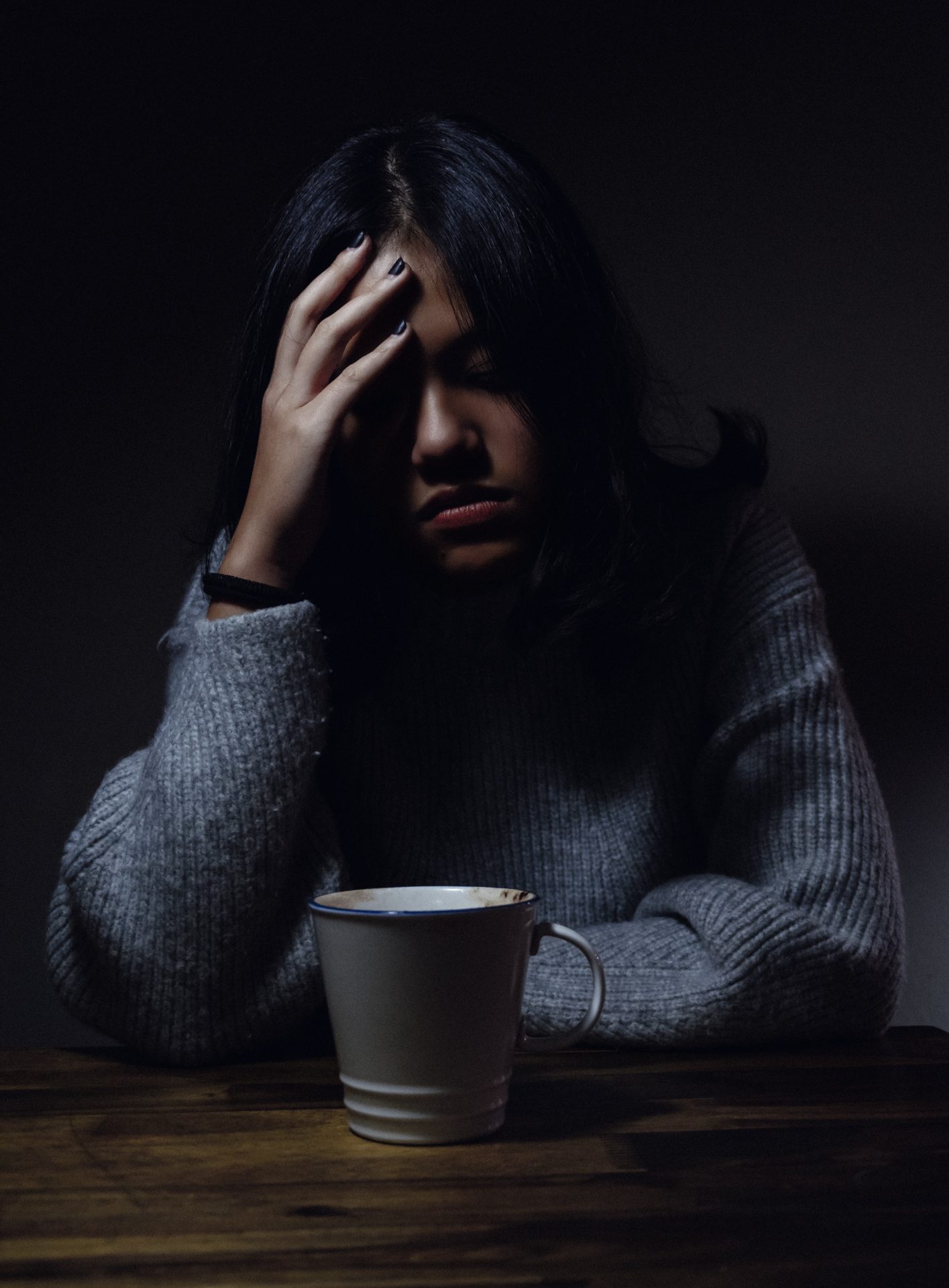Does tea and coffee count towards your water intake?
Important question: do tea and coffee count towards your very important hydration levels? We asked a doctor.
It’s easy to reach for warming teas, energising coffees and even hearty soups in a bid to feel cosy during February’s grey weather. Not so easy is drinking cold, boring water to keep your hydration levels up as you know you need to.
Unfortunately, your body still needs fluids – even in the cold. “On average, 50% of an adult body is made up of water,” explains GP and sports and exercise expert Dr Folusha Oluwajana. “Water is essential to pretty much every physiological function and process within the body, from supplying nutrients and oxygen to where they need to be, to the absorption of minerals during digestion and getting rid of waste product. It’s also crucial to regulate temperature and providing lubrication to joints and muscles.”
You may also like
Why am I always cold? This is why some people feel the cold more than others
Are you at risk of dehydration?
It’s actually pretty easy for us to get dehydrated, says Dr Oluwajana, so keeping stock on your water intake is important. “Mild dehydration is very common and most of us will experience it if we haven’t drank enough fluids during the day, we’ve done more activity or lost fluid through sweat and not replaced it or been drinking alcohol, which causes us to pass out a lot more urine,” she explains.
Symptoms of mild dehydration can include everything from simply feeling thirsty (“this the body’s way of alerting you to correct dehydration as soon as possible,” says Dr Oluwajana), having a headache and dry skin or lips. You might also feel tired as “water is really important to the processes of generating energy and delivering fuel. If you are someone that’s active you might find that your performance is affected by this,” Dr Oluwajana adds. Then there’s peeing less regularly (you should go at least every four to six hours) and feeling constipated.

To avoid those negative symptoms, you need to drink enough. And while the recommended intake is around eight glasses, or two liters, this really is just a guide. “How much water your body needs depends on lots of things including body size, health conditions, activity levels and outside temperature. So while eight cups is a good guide, you should tailor that to your individual needs,” says Dr Oluwajana.
What counts towards your water intake?
If you’re someone who has been struggling with emptying your glass, there’s good news: any fluid counts, including squash, juice, milk, tea and coffee. “Tea and coffee often has been a bit controversial because because caffeine has been thought to be dehydrating, but the more recent evidence has shown that the dehydration effect of caffeine it’s not enough to counteract the hydration from the amount of water you drink with a cup of tea and coffee,” says Dr Oluwajana.
“But, saying that, drinking caffeine does have other health effects on the body, so being aware of it is important and drinking water or things as close to water as possible is probably preferable.”
You may also like
How much coffee is too much coffee? A nutritionist explains caffeine intake
Unfortunately, liquid foods such as soups, and even fruit and vegetables that are high in water don’t count. “Although they actually provide lots of hydration, the guidance is to focus more on things that you drink,” Dr Oluwajana adds.
One other important note – alcohol doesn’t count. “Alcohol is a significant diuretic, which meansit makes you lose fluid from the body and you should actively try to counteract dehydration when having alcohol,” says Dr Oluwajana. That’s why the rule of alternating a glass of wine or a gin and tonic with a glass of water exists, after all. “It’s also why we get hangovers – headaches, confusion and lethargy are largely due to dehydration after drinking,” she adds.
We’ll see you at the sink (or kettle).
Source: Read Full Article
